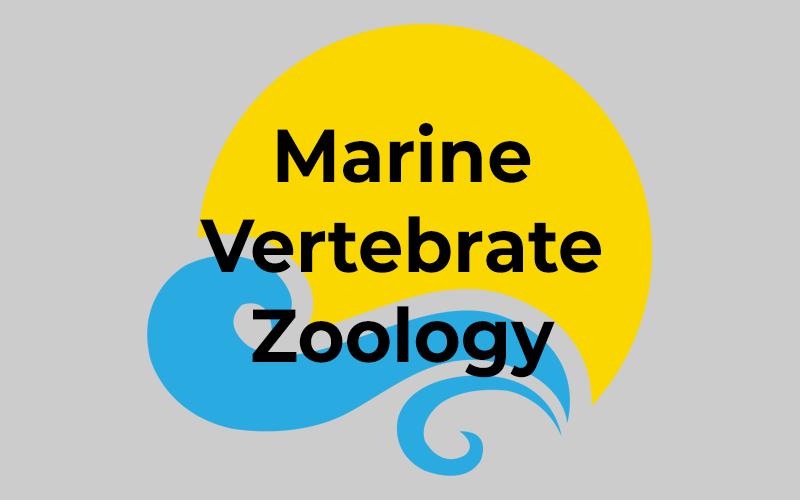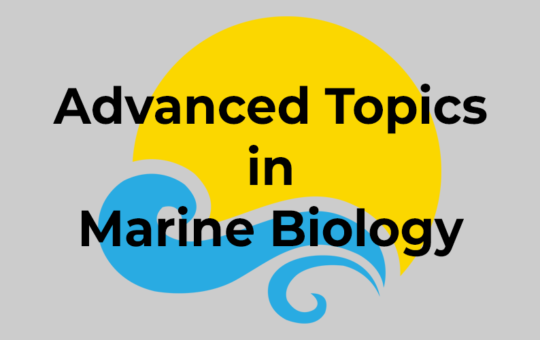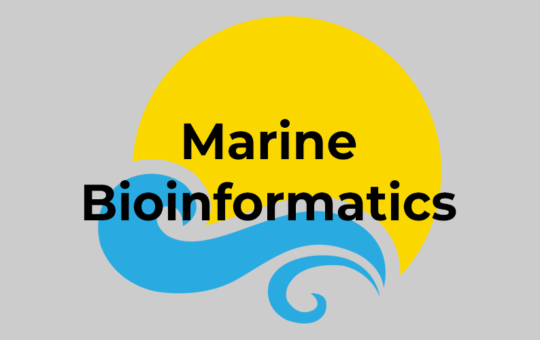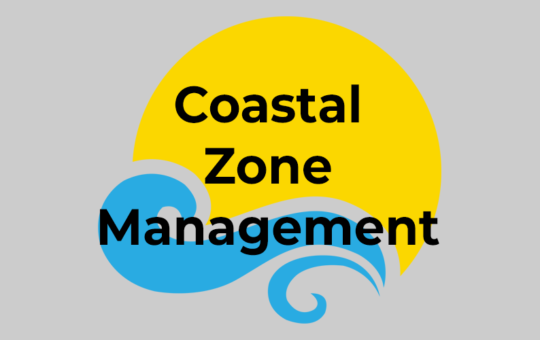
Marine Vertebrate Zoology
Marine Vertebrate Zoology focuses on the study of marine vertebrates, including fish, reptiles, birds, and mammals, providing students with an in-depth understanding of their biology, ecology, and evolutionary adaptations to marine environments. This course explores the anatomy, physiology, behavior, and life cycles of these animals, examining how they have evolved to survive and thrive in the ocean. Students will learn about the classification and diversity of marine vertebrates, studying their unique adaptations such as buoyancy control, osmoregulation, thermoregulation, and specialized feeding and reproductive strategies.
The course also covers the ecological roles of marine vertebrates, highlighting their importance in marine food webs and ecosystem dynamics. Students will investigate the interactions between marine vertebrates and their environments, exploring topics such as migration patterns, foraging behaviors, and predator-prey relationships. The impact of human activities on marine vertebrate populations, including overfishing, pollution, habitat destruction, and climate change, will be discussed, along with conservation efforts and management strategies to protect these vital species. Through lectures, field studies, and laboratory exercises, students will gain the knowledge and practical skills necessary for careers in marine biology, conservation, and wildlife management, while fostering a deeper appreciation for the diversity and complexity of marine vertebrates.
Curriculum
- 4 Sections
- 13 Lessons
- 1 Quiz
- 0m Duration
Section 1: Introduction to Marine Vertebrates
- Chapter 1: Overview of Marine Vertebrate Zoology
- Chapter 2: Evolution and Diversity of Marine Vertebrates
- Chapter 3: Anatomy and Physiology of Marine Vertebrates
Section 2: Major Groups of Marine Vertebrates
- Chapter 4: Fish (Class Pisces)
- Chapter 5: Marine Reptiles (Class Reptilia)
- Chapter 6: Marine Birds (Class Aves)
- Chapter 7: Marine Mammals (Class Mammalia)
Section 3: Ecology and Behavior of Marine Vertebrates
- Chapter 8: Feeding and Nutrition
- Chapter 9: Reproduction and Development
- Chapter 10: Locomotion and Sensory Systems
Section 4: Human Impact and Conservation of Marine Vertebrates
- Chapter 11: Threats to Marine Vertebrates
- Chapter 12: Conservation Strategies
- Chapter 13: Economic and Ecological Importance
- Course 9: Marine Vertebrate Zoology - Assessment Test





